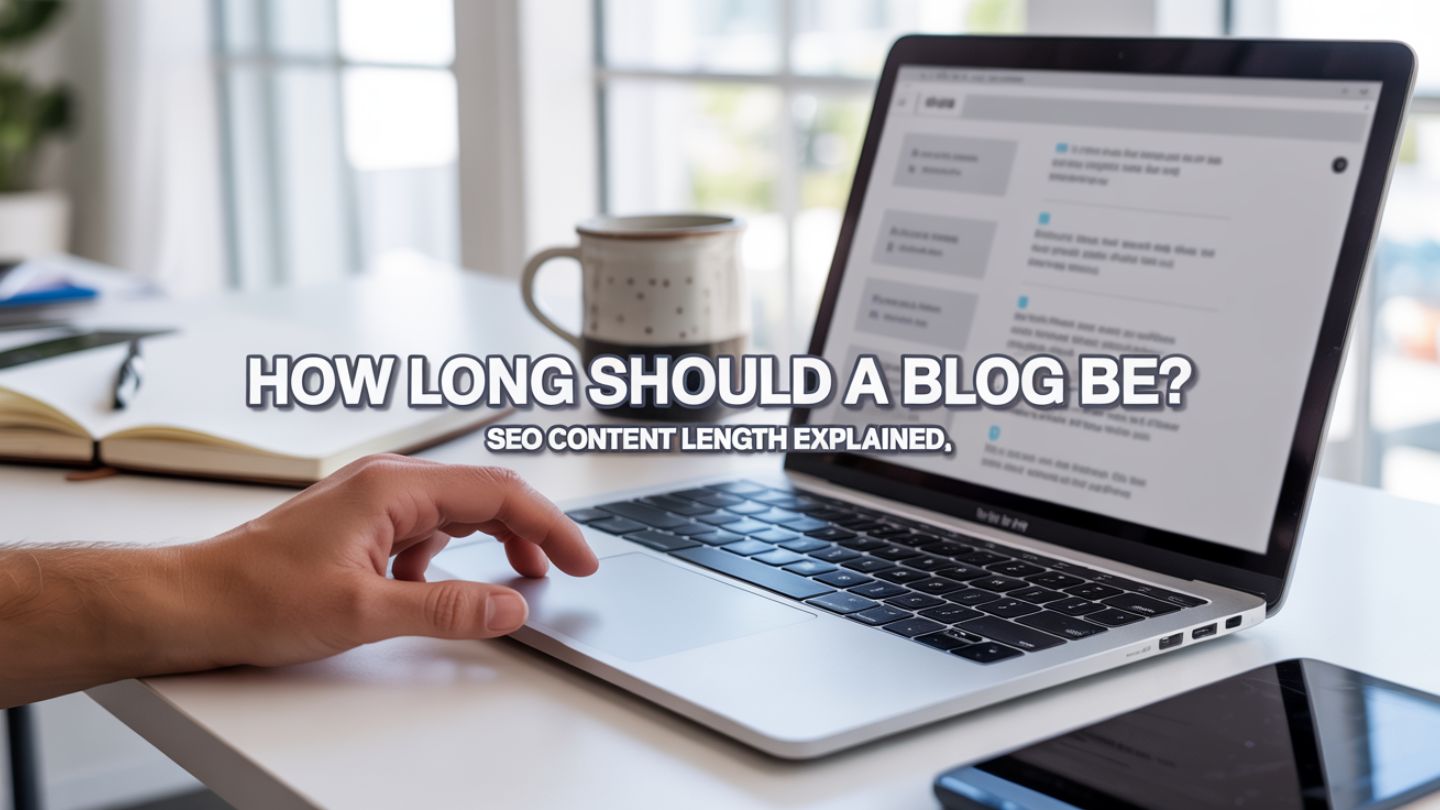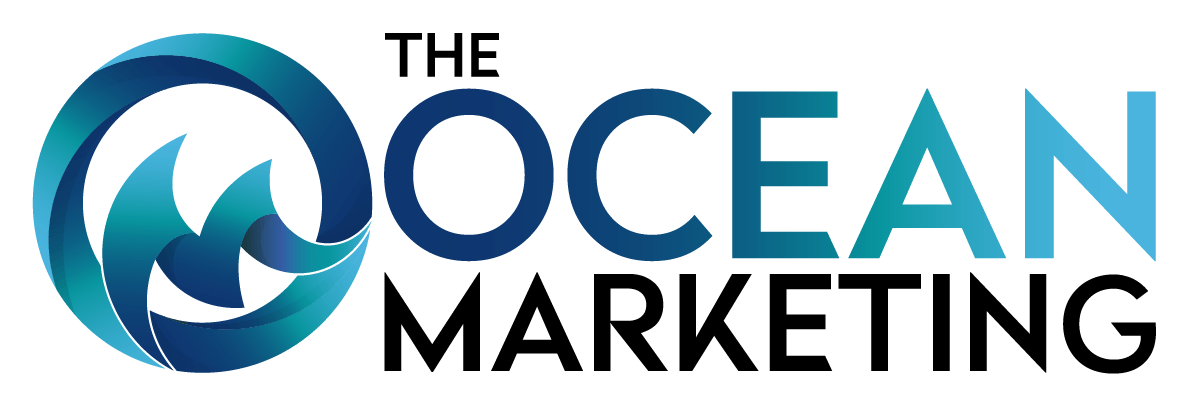
One of the most debated topics in digital marketing is the ideal length for a blog post. Some experts swear by short, punchy articles, while others advocate for comprehensive, long-form content. The constant back-and-forth can leave you wondering if there’s a magic number for SEO content length. The simple answer is no, but the more nuanced answer is far more helpful.
The length of your blog post is a critical factor that can significantly impact its search engine ranking, user engagement, and overall effectiveness. Understanding the principles behind content length allows you to move beyond guesswork and create articles that are optimized for both search engines and your readers. We will explore why content length matters for SEO, what factors determine the perfect word count, and how you can strategically plan your content for maximum impact.
Why Does SEO Content Length Matter?
While Google has stated that word count is not a direct ranking factor, studies show a strong correlation between longer content and higher search rankings. Instead of focusing on arbitrary numbers, it’s important to prioritize high-quality content that addresses user needs and search intent. Google’s advice for struggling sites encourages creators to develop content that is useful to real audiences, not just algorithms.
Longer blog posts give you more space to include target and related key terms, helping search engines understand the subject and context of your page. A comprehensive article on digital marketing, for example, can naturally cover a variety of tactics and real-world applications without forcing keyword usage. Crafting such high-quality content is about delivering clear, purposeful sections that meet the reader’s needs from start to finish.
In-depth content also tends to keep readers engaged for longer, signaling to search engines that your article provides quality answers. When your content is seen as a trustworthy resource, its chances of earning backlinks from other websites increase, further boosting its SEO value. Additionally, quality content crawled by Google is likely to be indexed more frequently, enhancing your site’s visibility when users search for related information.
Factors Influencing the Ideal Blog Post Length

Rather than chasing a universal word count, shape your content around your goals, target audience, and what the topic requires to be genuinely helpful.
User Intent and the Search Query
User intent is critical in deciding how long your blog post should be. What is the reader hoping to accomplish? Are they looking for a direct answer, a comprehensive guide, or an in-depth comparison?
- Informational Intent (Quick Answer): For simple questions like “what is a meta description,” a brief post of 300–500 words is adequate.
- Informational Intent (Comprehensive Guide): For broader searches like “how to start a podcast,” long-form content (2,000+ words) is justified, offering users thorough, actionable guidance.
- Commercial Investigation: Comparison posts, such as “best project management software,” demand a detailed breakdown, features, pros, cons, and pricing, typically covering 1,500–2,500 words.
Reviewing the top-ranking articles for your target keyword can provide a benchmark for both content depth and length, helping ensure your blog matches or exceeds user expectations.
Topic Complexity
The more complex your subject, the longer your content may need to be. Basic topics, such as the health benefits of hydration, can often be addressed in 800 words or fewer. However, detailed subjects, like the impact of AI on search algorithms, might require a more extensive piece. Content decay causes & fixes emphasize updating and deepening content as topics evolve or lose relevance, ensuring your articles stay competitive over time.
Avoid artificially inflating the word count. Stretching simple ideas leads to repetition and unhelpful filler. Instead, focus on concise coverage and update complex posts as needed. Monitoring for content decay can alert you when it’s time to refresh or expand existing articles to protect rankings and traffic.
Content Format
The structure of your blog also affects ideal length:
- Listicles: “10 Tips for Better Time Management” pieces typically run 1,000–2,000 words, giving readers detailed advice in manageable segments.
- How-To Guides: Walkthroughs often surpass 1,500 words, ensuring instructions are clear and complete.
- What-Is Posts: These articles are usually shorter (500–1,000 words), offering straightforward definitions and key points.
- Pillar Pages/Ultimate Guides: Designed to serve as comprehensive resources, these posts may exceed 3,000 words, integrating rich detail, subtopics, and links.
Finding the Sweet Spot: Quality Over Quantity

While data suggests that longer content often performs better, remember that length alone does not guarantee quality or ranking. The winning formula is always well-researched, engaging, and reader-focused content.
To find your ideal content length:
- Be Comprehensive: Address every major aspect of your topic using data, bullet points, and examples that add value.
- Research Thoroughly: Support claims with current data, expert commentary, and insights, as highlighted in content decay recovery strategies.
- Structure Well: Use visual hierarchy, clear headers, concise paragraphs, and bullet lists to guide readers and enhance scanning.
- Engage Your Audience: Choose a conversational, trustworthy tone and be consistent with your brand voice, following best practices for high-quality content.
Regularly audit your blog posts to ensure they stay current and maintain high value for readers, and don’t forget to refresh content that’s showing signs of decay in ranking or traffic.
Final Thoughts
There is no single magic number for blog post length. The best approach is a strategic one, tailored to your specific goals. Analyze user intent, evaluate topic complexity, and choose the right format for your message. Focus on creating the most valuable, comprehensive piece of content possible, and let the word count follow naturally. When quality and user satisfaction take priority, your content will not only rank higher but also build trust and authority with your audience.
If you’re ready to align your content strategy with your business objectives, The Ocean Marketing is here to help. Our team of experts specializes in SEO and content writing that drives engagement, improves visibility, and delivers measurable results. Contact us today to discover how we can create content that truly resonates with your audience and strengthens your brand online.

Marcus D began his digital marketing career in 2009, specializing in SEO and online visibility. He has helped over 3,000 websites boost traffic and rankings through SEO, web design, content, and PPC strategies. At The Ocean Marketing, he continues to use his expertise to drive measurable growth for businesses.

